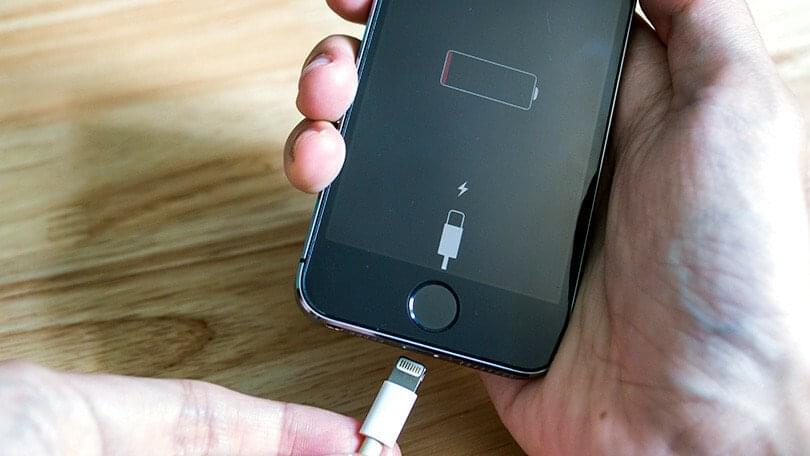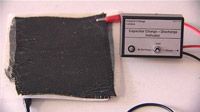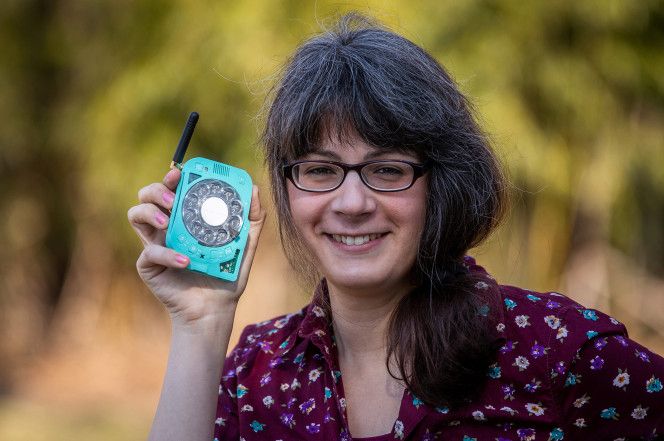But lockdowns and forced quarantines on this scale or the nature of some methods — like the collection of mobile phone location data and facial recognition technology to track people’s movements — cannot readily be replicated in other countries, especially democratic ones with institutional protections for individual rights.
And so Singapore, Taiwan and Hong Kong might be more instructive examples. All three places were especially vulnerable to the spread of the infection because of close links with mainland China — especially in early January, as they were prime destinations for Chinese travelers during the upcoming Lunar New Year holiday. And yet, after all three experienced outbreaks of their own, the situation seems to have stabilized.
As of midday Friday, Singapore had 187 cases confirmed and no deaths (for a total population of about 5.7 million), Taiwan had 50 confirmed cases including 1 death (for a total population of about 23.6 million) and Hong Kong had 131 confirmed cases including 4 deaths (for a total population of about 7.5 million).









